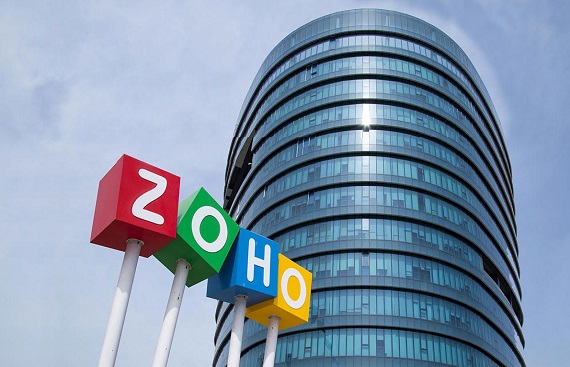Zoho plans to establish offices in 100 rural districts to tap into local talent
By Team Startupcity | Wednesday, 13 July 2022, 03:23 Hrs

Zoho Corporation founder and chief executive Sridhar Vembu on Tuesday said that he plans to emulate Tenkasi district model in Tamil Nadu and transform 100 rural districts across India by setting up offices.
“It is better to invest in people than investing in real estate…my goal is to do what we are doing in Tenkasi in around 100 rural districts (in India). The 1,000-2,000 jobs will transform the entire district,” Vembu said while speaking at Karnataka government's Department of Personnel and Administrative Reforms event.
Zoho had opened its office in Tenkasi, a rural town in Tamil Nadu, in 2011 with six employees and has 500 employees working out of the location. The software company’s presence has helped entire real incomes jump 50-60% over a seven year period while also helping in rural development such as schools, shopping malls, movie theatres and establishment of new highways, Vembu added. The company had hired an external consulting firm last year to survey the impact, he said. Tenkasi has now become headquarters of a new district in the state in 2019.
“It is very easy to find talent in the hinterlands. In Bengaluru, companies complain about not having talent. But if I go to Tirunelveli and put out a requisition, around 1,000 people will show up,” he said at a conference on bringing entrepreneurs and government closer for good governance organised by both the central and state government of Karnataka.
The company said it has three such rural hubs right now and is scouting for locations in tier III and IV towns in Uttar Pradesh to set up an office.
Zoho’s revenue from operations jumped over 22.3% to close at Rs 5,230 crore for FY21, according to ROC filings while it clocked a net profit of Rs 1,917.7 crore for the year, more than doubling on year--making it arguably India's most profitable unicorn. Its global headcount stood at 10,800 employees.
Vembu also pressed for India to "master" the art of making capital goods to reduce dependence on imports from countries like Japan, Germany and New Zealand. “The next project I’m on is to make capital goods that go into factories. It is mastery of those capital goods that are very essential for our economic future,” he said.

